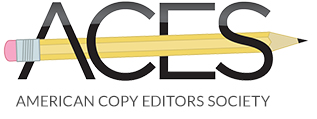I fixed a “then” comma splice just now, and then I played with putting coordinating conjunctions in front of then. (FANBOYS helps us remember the coordinating conjunctions: for, and, nor, but, or, yet, so.)
- I went to the music festival, and then I took a hike. (Two activities, equal and sequential.)
- I went to the music festival, but then I took a hike. (I wasn’t sedentary all weekend.)
- I went to the music festival, so then I took a hike. (Perhaps I ate too much food truck fare and needed to work it off.)
- I went to the music festival, for then I took a hike. (Perhaps the music festival inspired the hike.)
- I went to the music festival, nor then I took a hike. (This sounds profoundly unidiomatic, of course, but nor works in other contexts.)
- I went to the music festival, yet then I took a hike. (Again, I prove I wasn’t sedentary.)
- I went to the music festival, or then I took a hike. (Maybe I partook of a substance that makes it difficult to remember.)
If you need a good explanation of the “then” comma splice, this page could help. Scroll down to the box labeled “The Case of Then and Than.”

